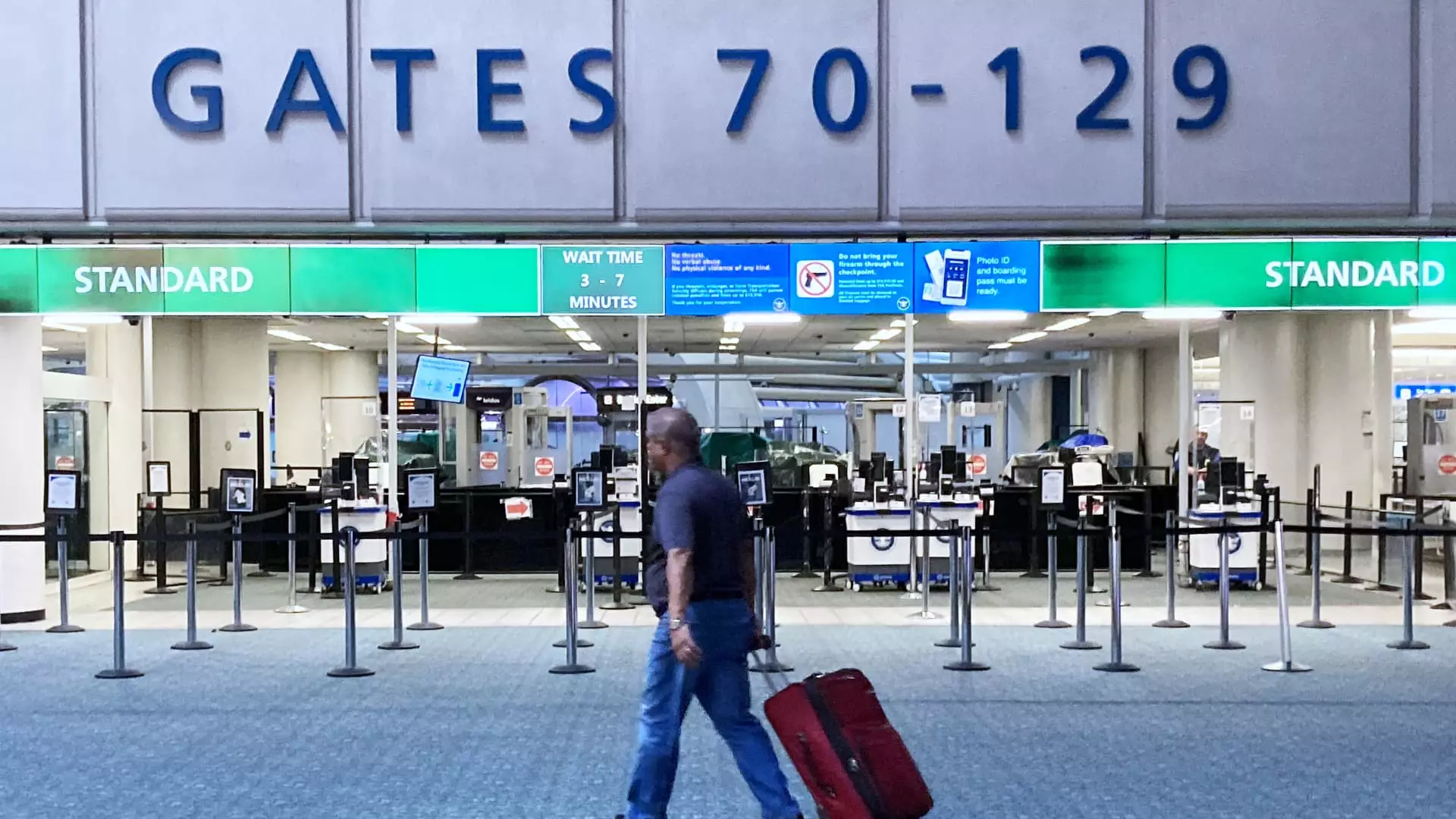As the holiday travel season approaches, the threat of a government shutdown looms large. This potential disruption arises from congressional deadlock, recently highlighted by the rejection of a short-term funding bill that received backing from President-elect Donald Trump. The failure to reach consensus on fiscal matters may result in a government shutdown as early as 12:01 a.m. ET on Saturday, casting a shadow over holiday plans for millions of travelers. The ramifications of inaction extend beyond politics; they could directly affect the livelihoods of hundreds of thousands of government employees who may face furloughs if a funding bill is not enacted promptly.
Impact on Air Travel
Despite the impending shutdown, airlines remain optimistic about a record number of air travelers this holiday season, illustrating the complexities of the situation. The Transportation Security Administration (TSA) projects screening operations to handle over 40 million passengers during the holiday rush, continuing until January 2. United Airlines is particularly ambitious, anticipating an increase of 12% in passenger numbers compared to last year, thereby expecting to transport 9.9 million people between December 19 and January 6.
Crucially, the federal government classifies more than 14,000 air traffic controllers, along with approximately 60,000 TSA agents, as essential personnel. This designation means that, while these individuals will continue to work during a government shutdown, they will do so without pay. TSA Administrator David Pekoske reaffirmed this reality on social media, highlighting the potential for heightened wait times at airports if Congress does not resolve its differences quickly. Such conditions could render a chaotic travel experience for holiday flyers if the shutdown persists.
Historical Context and Future Prospects
The repercussions of a government shutdown are not unfamiliar; the last similar event spanned over a month from late 2018 into early 2019, causing considerable disruption in air travel due to operational issues among air traffic controllers. This previous shutdown serves as a cautionary tale, as even a small number of absences among controllers could create significant delays in the already congested airspace, particularly over the U.S. East Coast.
Moreover, the Federal Aviation Administration (FAA) is currently searching for a permanent administrator following the announcement of Mike Whitaker’s resignation. Whitaker, who served under President Biden, will step down on January 20, coinciding with Trump’s anticipated inauguration. Delta’s CEO, Ed Bastian, has pointed out that modernization of air traffic control and the recruitment of additional controllers should be paramount for whoever assumes leadership at the FAA next. As we navigate through this uncertain period, it is essential for both lawmakers and the aviation community to collaborate on strategies that ensure consistent service and safeguard the interests of both travelers and industry workers alike.
The intersection of political decisions and holiday travel could lead to an unfortunate mix of congestion and frustration for travelers if swift action is not taken to avert a government shutdown. The ongoing debate over funding highlights the broader implications of political stagnation on essential public services during one of the busiest travel times of the year.

Leave a Reply